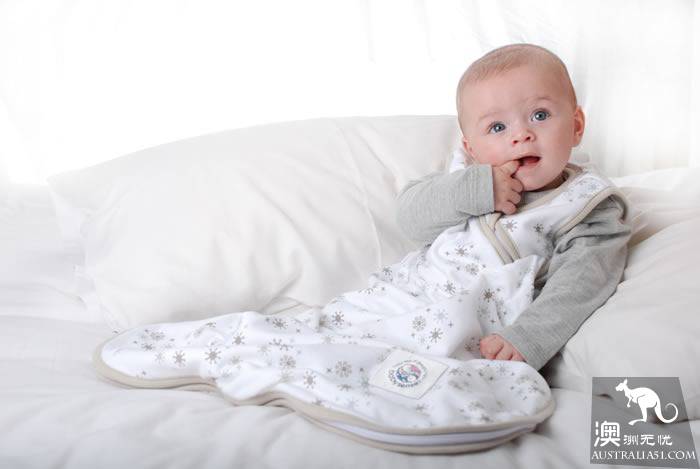
Australian parents are under greater pressure to name their children (Sydney Morning Herald)
The pressure on Australian parents to name their children has changed dramatically over the past 50 years. Parents are often reluctant to choose a name that is too popular, but not unusual.
According to the Sydney Morning Herald, names are always popular at times, but the most common names in the new state are far less prevalent than they were in the past. In the past, 90% of freshmen's names were within the 100 most common names of the year, and 75% of new-born girls' names were within the common name range.
Today, less than 50% of newborns have names in the 100 most common names of the year.
The rise in name diversity is due to multiculturalism and parents' desire for personality, which has led to a rise in the database of newborn names from 4252 in 1957 to 16676 today. The optional name of the newborn jumped 300%, but the number of newborns rose only 30% over the same period.
(Professor Jo Lindsay), a professor at (Monash University) Lindsay at Monash University who studies Australian naming habits, says parents now have more freedom and lower family expectations than previous generations. But parents are under increasing pressure to choose the right name.
Professor Lindsay said: "parents want their children to stand out and their names are the ultimate personal business cards that really affect their children's social life status. However, this cannot be completely personalized. Parents want their children to stand out, but they can't be too ostentatious. "
Another trend in name development is that parents are now more inclined to use nicknames on birth certificates. William (William), 's parents, for example, tend to call him will (Will), because "it's a little different, it doesn't sound so formal."
Australian boys have always chosen fewer names than girls. In the 1950s, seven out of a hundred boys were named Peter (Peter). In 1957, girls used 80% more names than boys, and now only 16%.
However, there is still a gender stereotype in which popular girls' names are more likely to end in vowels or letters "y" and sound softer or more feminine. The boy's name ends with a consonant, which is said to sound stronger.
Perhaps unsurprisingly, the only name that has entered the list of 100 most common girls' names every year since 1852 is Elizabeth (Elizabeth), the Queen's name.
Nine other boys did the same thing with their names: Michael (Michael), William (William), Daniel, (Daniel), James, (James), Thomas, Anthony, (Anthony), George, (George),. Patrick (Patrick) and Joseph (Joseph).